
Here are signs to watch for:
1) Loss of appetite
No food intake for twenty-four hours or less, depending on other symptoms. Check your guinea pig's teeth. Are they so long that she has stopped eating? If they are, or you suspect something else is wrong, call your vet immediately.
2) Lethargy
Is your cavy curled up in a corner all the time? Do they move around slowly and show little interest in playing? These are signs of illness.
3) Bathroom problems
After a week or so, you should be familiar with how your pet's feces and urine look. If the urine becomes very white and cloudy or the feces watery, these are serious signs and you need to consult a vet.
Other clear signs of illness are strange wheezing noises, discharge for the eyes and/or nose and hair loss.
Here are some explanations for the symptoms you may see in your guinea pig.
Urine/Feces Problems
If you see signs of diarrhea your pet may be seriously ill and could easily dehydrate. On the other hand, they may just be reacting to a new food or too many leafy greens. (In some cases, antibiotics can cause diarrhea.) When a quick check determines that they have not had a food change or leafy greens recently, then a call or visit to the vet is definitely called for. Should you decide that the problem might be diet based, wait forty-eight hours to see if the situation improves with adding more hay to the guinea pig's diet. If the problem persists, call or go to see your vet. The animal may have a bacterial infection.
Constipation in guinea pigs is less common but might occur. If you notice that your cavy is having trouble going to the bathroom, add more produce and leafy greens to their diet.
Any type of bleeding, from the rectum or anywhere else is a sign that you need to see the vet.
Too much calcium in a guinea pig's diet can lead to kidney stones. You can detect a calcium overload if you see that the animal's urine is a white milky color. If the urine is pink, then it has blood in it and signals bladder or kidney problems. Again, call a vet right away.
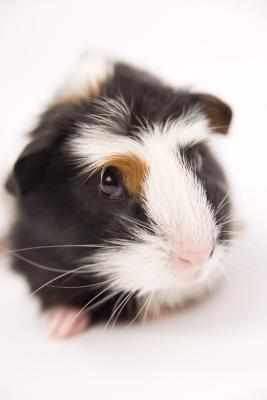 The Best Odor Control for Guinea Pig Bedding
The Best Odor Control for Guinea Pig Bedding
The Best Odor Control for Guinea Pig Bedding
The Best Odor Control for Guinea Pig Bedding
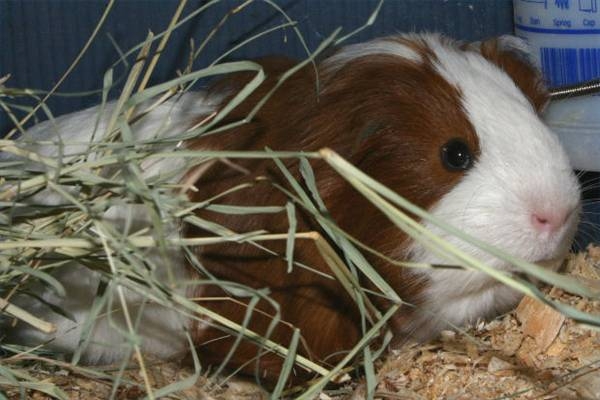 Easiest Way to Clean a Guinea Pig Cage
Easiest Way to Clean a Guinea Pig Cage
Easiest Way to Clean a Guinea Pig Cage
Easiest Way to Clean a Guinea Pig Cage
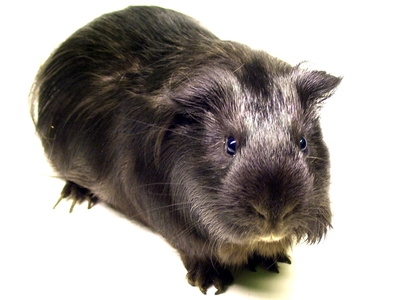 How to Know If Your Cavy Is Pregnant?
How to Know If Your Cavy Is Pregnant?
How to Know If Your Cavy Is Pregnant?
How to Know If Your Cavy Is Pregnant?
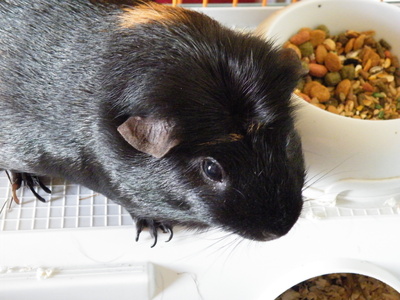 How to Keep a Nice Clean Cage for My Guinea Pig
How to Keep a Nice Clean Cage for My Guinea Pi
How to Keep a Nice Clean Cage for My Guinea Pig
How to Keep a Nice Clean Cage for My Guinea Pi
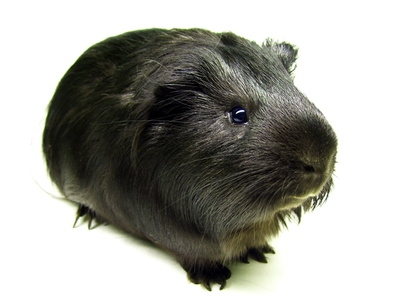 Stages of Guinea Pig Pregnancy
Stages of Guinea Pig Pregnancy
Stages
Stages of Guinea Pig Pregnancy
Stages of Guinea Pig Pregnancy
Stages
Copyright © 2005-2016 Pet Information All Rights Reserved
Contact us: www162date@outlook.com